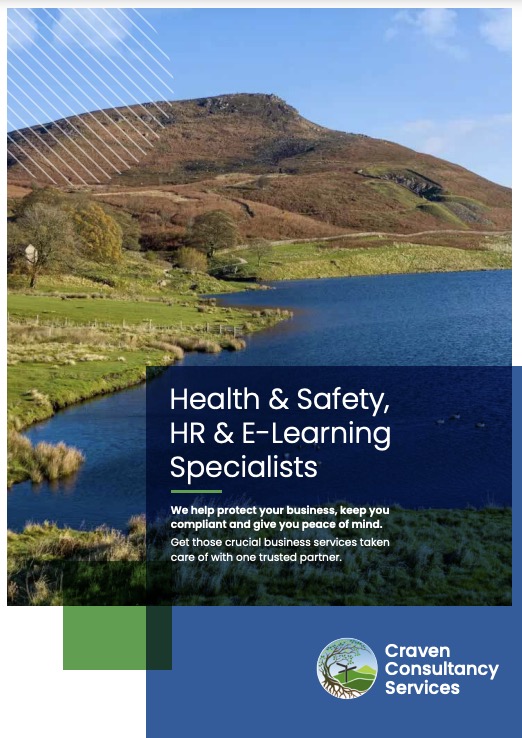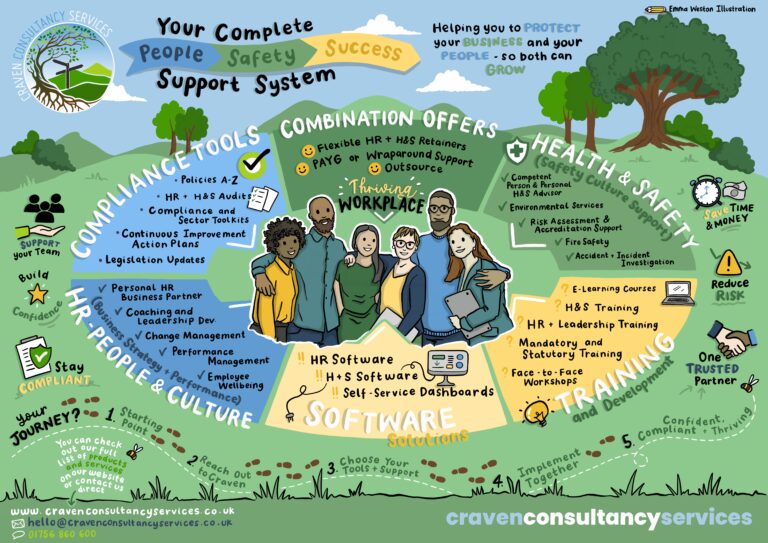Employment Rights Reform: Lords Vote to Delay Day-One Unfair Dismissal Protections
The much-anticipated move toward day-one unfair dismissal rights has hit a significant roadblock. In a recent turn of events, the House of Lords has voted in favour of a revised approach — one that replaces immediate protection with a six-month qualifying period, marking a major shift in how employee rights may soon evolve.
What’s Changed?
The amendment, introduced by Lord Sharpe of Epsom, would bring in a new “initial period of employment”. This means workers would gain protection from unfair dismissal only after six months, rather than from day one as originally promised in Labour’s employment rights reform.
During this initial period, a simplified dismissal process and reduced compensation cap would apply. The House of Lords passed the amendment by 304 votes to 160, arguing it offers employers “space to assess suitability” while still discouraging bad-faith dismissals.
If this approach is accepted by the House of Commons, it would represent a major U-turn on Labour’s key pledge to offer day-one protections for all workers.
A Confused Compromise or Practical Reform?
Lord Sharpe criticised the original proposal for creating uncertainty and being “counterproductive” — particularly for small businesses. His view is that making it harder to dismiss underperforming staff too early on might discourage employers from hiring in the first place.
While some commentators acknowledge that six months is still an improvement from the current two-year qualifying period, others feel the back-and-forth has left the reform feeling muddled. The proposed statutory probationary period (a separate concept) has also caused confusion — with no formal structure yet agreed.
So, What Does This Mean for Employers?
This change, if adopted, could offer greater breathing space for employers to assess new hires without the full risk of an unfair dismissal claim from day one.
But that breathing room isn’t a free pass. Businesses should still be tightening up their recruitment processes and probation policies, ensuring:
-
Clear expectations are set from the outset
-
Regular reviews take place during the probationary period
-
Feedback is constructive, timely, and well-documented
-
Any decisions around dismissal are fair, consistent, and supported by evidence
The last thing you want is to fall foul of other claims (discrimination, whistleblowing, breach of contract) that remain day-one rights regardless of this amendment.
HR Insight: Opportunity or Obstacle?
From an HR perspective, this proposal might bring some clarity and reduce pressure on the already overloaded employment tribunal system. A six-month framework still offers a significant uplift in employee protections compared to the current two-year wait.
But it also means a missed opportunity to deliver on Labour’s vision of a more inclusive, secure workforce — one where all employees feel protected from day one.
Whether this amendment stands or is overturned in the Commons, employers should take this moment to review their onboarding, probation, and early-stage employee support. Regardless of qualifying periods, getting it right early reduces risk, improves retention, and strengthens team culture.
What’s Next?
The Employment Rights Bill is still working its way through the legislative process. Until it’s passed in full, we’re likely to see more debate — and possibly more changes.
The amendment could be rejected when the Bill goes back to the House of Commons. If this happens, ‘day-one’ rights could still go ahead with some complex conditions on the initial period of employment, which could be longer than six months.
In the meantime, if your business needs help reviewing your probation framework, improving your early-stage onboarding, or upskilling line managers in capability and conduct processes, we’re here to support you.
Let’s make sure your team is not only compliant, but confident.
✅ Need Help Reviewing Your Probation or Disciplinary Process?
We’re already supporting businesses across sectors with practical HR advice, documentation, and early-stage employee management tools — from onboarding checklists and capability templates to one-to-one manager coaching.
📩 Let’s talk about how we can help your business feel confident, compliant, and ready for legislative change.
Get in touch at [email protected] or book a free discovery call via our website: cravenconsultancyservices.co.uk
Employment Rights Bill – Hansard – UK Parliament













